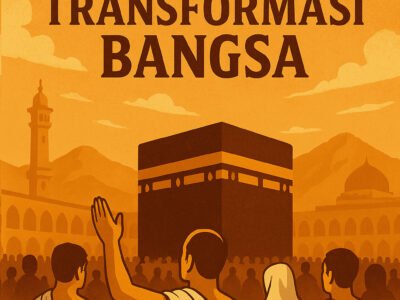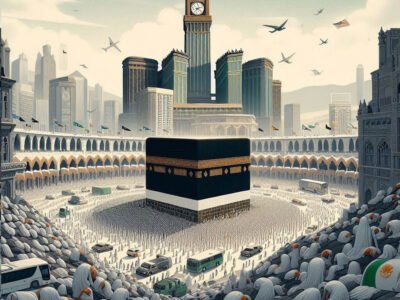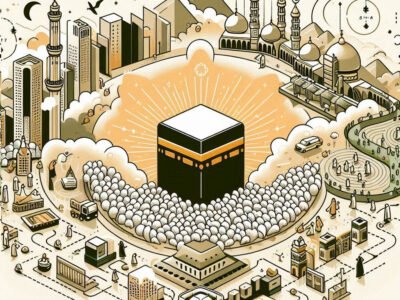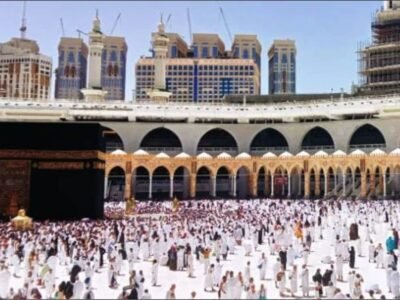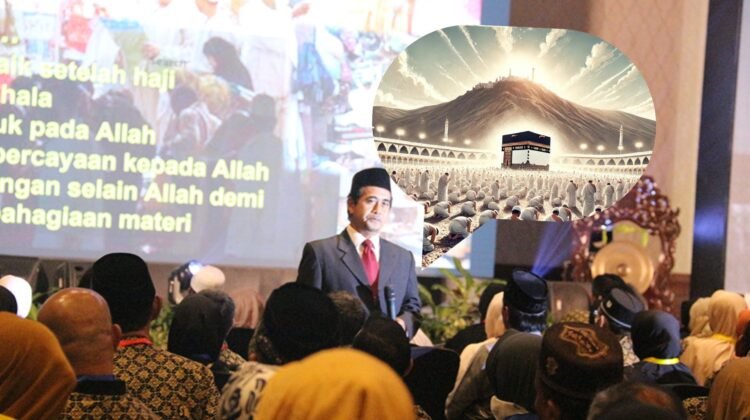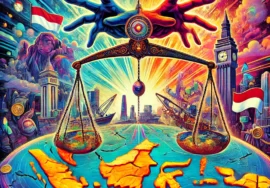**WUQUF-2: COMMITMENT AS A CALIPH OF ALLAH**
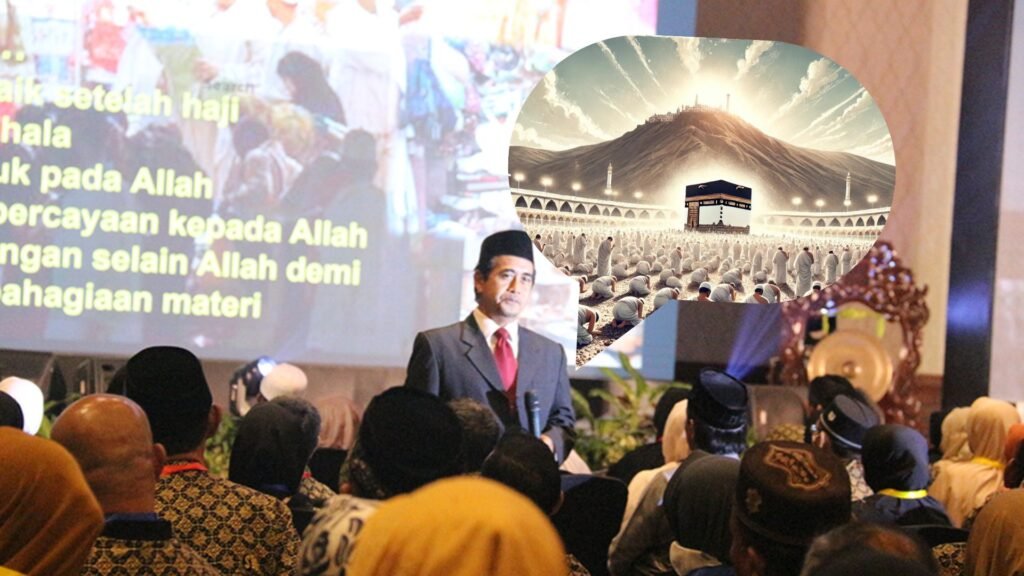
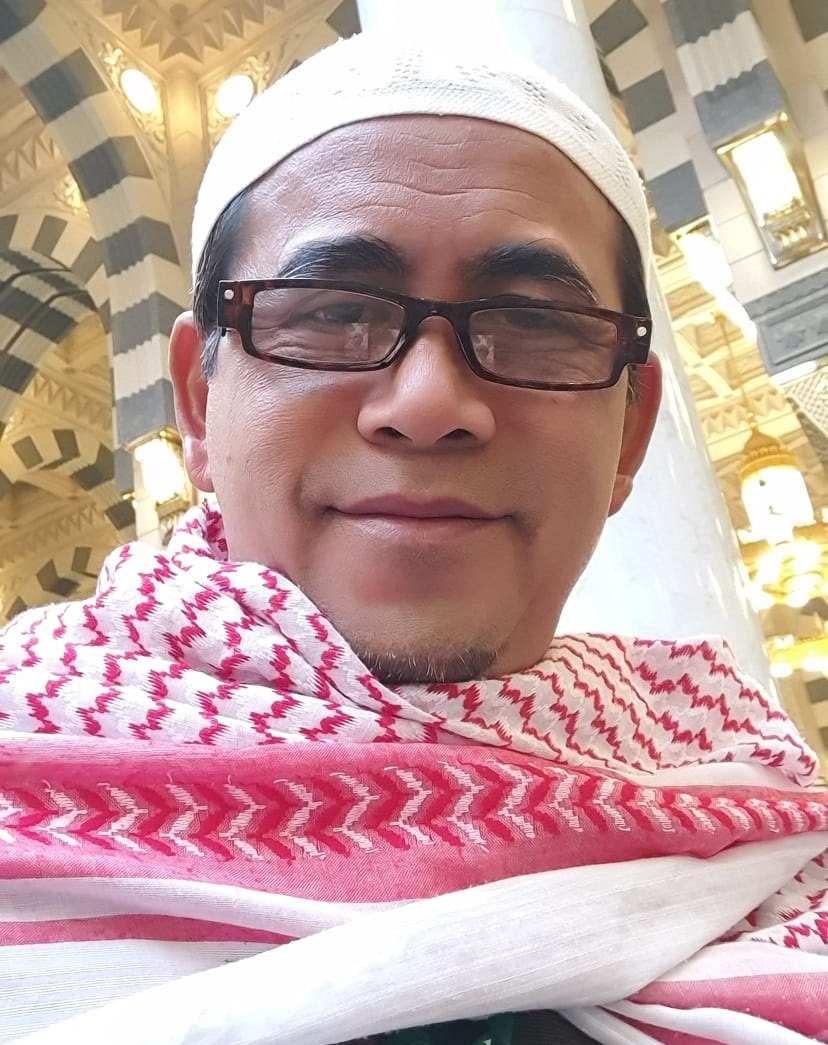
Another essential “dish” to be partaken by pilgrims in Arafah is the Prophet Muhammad’s (SAW) Farewell Sermon, which he delivered during his pilgrimage. All of his messages emphasize a Muslim’s commitment to living a life of piety and peace.
First, the Hajj should be considered the final one, as there is no guarantee of returning for another pilgrimage. This was also the statement of the Prophet Muhammad (SAW), who said he would not return for another Hajj and would soon part from his companions. His words proved true, as that pilgrimage was his only Hajj, and not long after, he returned to his Lord.
This message strongly urges pilgrims to truly believe that the Hajj they are performing may be their last and to remember that death may not be far off. By deeply reflecting on the nearness of death, all acts of worship and daily duties must be performed with utmost sincerity and effort.
Believing that this may be their final Hajj, pilgrims are expected to sincerely repent and make a vow and resolution to improve their lives, their work, and their professional conduct after returning home. They pledge to become more productive and steadfast on the righteous path, to fulfill their responsibilities as caliphs of Allah correctly, and to pursue a better life transformation.
Second, the Prophet emphasized that “your lives and property are sacred, so never harm anyone, never take others’ wealth unjustly, and know that you will meet your Lord and be held accountable for your deeds.”
This message is deeply relevant to the concept of universal human rights — that the right to life and property is protected. Therefore, there must be no injustice, oppression, or exploitation of others’ lives and possessions.
Third, the Prophet warned of the temptations of Satan, who seeks to lead people astray. While Satan may fail to seduce pilgrims into committing major sins such as shirk or adultery, he may still succeed in luring them into minor sins, which could also lead to their downfall.
Fourth, the Prophet instructed Muslims to take care of their families. Husbands and wives must never hurt each other. Treat one another with love and compassion. This is because both partners have rights and responsibilities, and the family is the foundation for the birth of human civilization.
Fifth, the Prophet reminded that a Muslim is a brother to another Muslim. Thus, one must never unlawfully take another’s wealth or cause harm. In social and economic dealings, one should always promote unity and solidarity.
Sixth, the Prophet declared that Islam has been perfected for mankind. The long journey of delivering the Islamic message — spanning thousands of years — was declared complete on the plain of Arafah. This means that Arafah is the moment for pilgrims to perfect their repentance, their religion, and to affirm their commitment to a more righteous life. This is the resolution that must be made — and then realized — upon returning home. Arafah is both a moment of testimony (shahadah) and of witnessing (musyahadah). Fa’tabiru ya ulul albab — so take heed, O people of insight.
